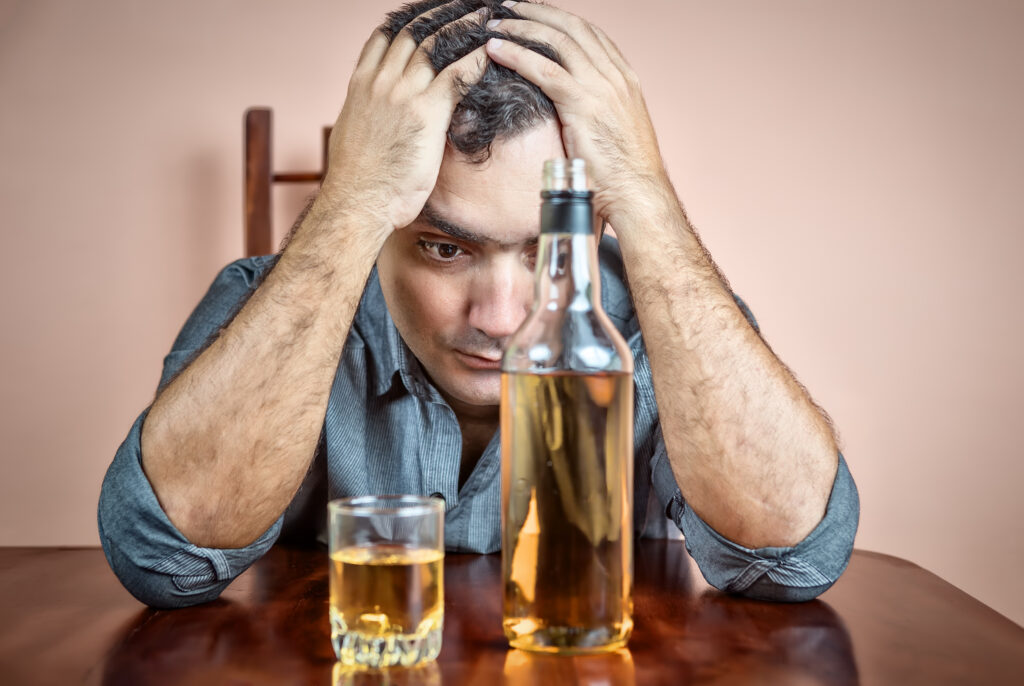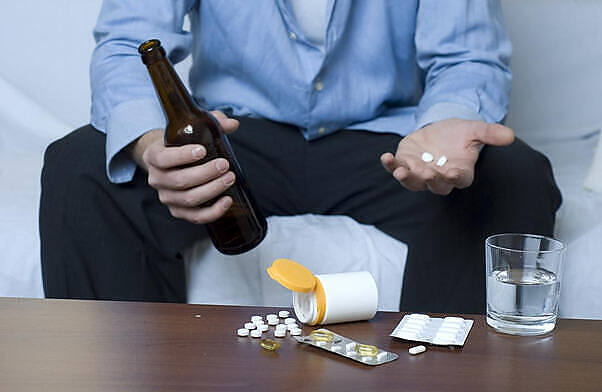Alcohol withdrawal is a serious condition that can occur when someone with alcohol dependence suddenly stops or significantly reduces their drinking. This process can be dangerous and even life-threatening, making proper medical management crucial. Medications play a vital role in ensuring a safe and effective detox process.
Alcohol abuse contributes significantly to public health issues, particularly in relation to withdrawal symptoms and treatment methodologies. The severity of alcohol withdrawal symptoms can vary widely, ranging from mild anxiety and tremors to severe complications like seizures and delirium tremens.
In this article, we’ll explore the key medications used in treating alcohol withdrawal. We’ll discuss their uses, benefits, and potential risks, focusing on the most commonly prescribed options.
Symptoms of Alcohol Withdrawal

Common Symptoms
The symptoms of alcohol withdrawal can vary widely in severity and duration. Common symptoms include:
- Anxiety and agitation: Feelings of nervousness and restlessness are common as the body adjusts to the absence of alcohol.
- Insomnia and restlessness: Difficulty sleeping and a general sense of unease can make the withdrawal process more challenging.
- Nausea and vomiting: Gastrointestinal distress is a frequent symptom, often accompanied by a lack of appetite.
- Tremors and shakiness: Shaking, particularly in the hands, is a hallmark of alcohol withdrawal.
- Sweating and fever: Increased perspiration and elevated body temperature are common as the body detoxifies.
- Headaches and fatigue: Persistent headaches and a general sense of tiredness can occur.
- Irritability and mood swings: Emotional instability is often part of the withdrawal experience.
These symptoms can range from mild to moderate and may resolve on their own within a few days. However, in some cases, they can progress to more severe symptoms, including seizures and delirium tremens (DTs).
Severe Alcohol Withdrawal
Severe alcohol withdrawal, also known as delirium tremens (DTs), is a life-threatening condition that requires immediate medical attention. Symptoms of DTs may include:
- Seizures and convulsions: Uncontrolled shaking and convulsions can occur, posing significant health risks.
- Hallucinations and confusion: Seeing or hearing things that aren’t there and experiencing severe disorientation are common in DTs.
- Disorientation and agitation: Severe confusion and extreme agitation can make it difficult for individuals to function normally.
- Rapid heartbeat and high blood pressure: Cardiovascular symptoms can escalate, leading to potential complications.
- Fever and sweating: High fever and excessive sweating are signs of severe withdrawal.
- Nausea and vomiting: Persistent gastrointestinal distress can be severe in DTs.
DTs can occur in individuals who have a history of heavy drinking and may be triggered by a sudden stop or reduction in alcohol intake. It is essential to seek medical attention immediately if symptoms of DTs occur.
Risk factors for severe alcohol withdrawal include:
- History of seizures or DTs: Previous episodes increase the likelihood of severe withdrawal.
- Co-occurring medical or psychiatric conditions: Existing health issues can complicate withdrawal.
- High levels of recent drinking: Heavy and prolonged alcohol use heightens the risk.
- History of withdrawal seizures or DTs: Past experiences with severe withdrawal symptoms are significant risk factors.
Benzodiazepines: The First-Line Treatment
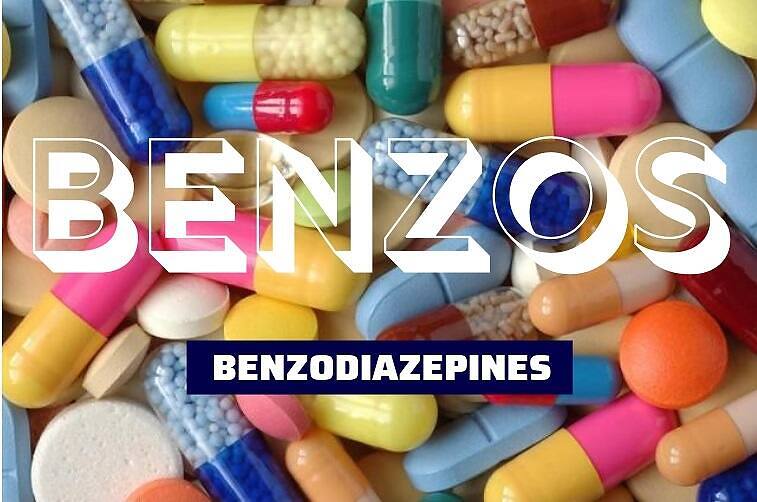
What Are Benzodiazepines?
Benzodiazepines are a class of medications that play a key role in managing alcohol withdrawal. These drugs work by calming the central nervous system, which helps ease many of the uncomfortable and potentially dangerous symptoms that occur when someone stops drinking.
Doctors often turn to benzodiazepines as the first choice for treating acute alcohol withdrawal. They’re effective at reducing anxiety, preventing seizures, and helping with sleep problems that often come with quitting alcohol.
The most commonly prescribed benzodiazepines for alcohol withdrawal include:
- Chlordiazepoxide (Librium)
- Diazepam (Valium)
- Lorazepam (Ativan)
- Oxazepam (Serax)
Each of these medications has slightly different properties, and doctors choose between them based on the individual patient’s needs and medical history.
Uses and Benefits
Benzodiazepines are the go-to medications for managing alcohol withdrawal due to their wide range of benefits, including the prevention of alcohol withdrawal seizures. Here’s why they’re so useful:
Primary Uses
- Seizure prevention: They significantly reduce the risk of withdrawal-related seizures, which can be life-threatening.
- Anxiety relief: These drugs help calm the intense anxiety many people experience during withdrawal.
- Sleep improvement: They can help with the insomnia that often accompanies alcohol detox.
How They Work
Benzodiazepines work by enhancing the activity of GABA, a neurotransmitter that calms the brain. When someone stops drinking, their brain becomes overexcited. Benzodiazepines step in to mimic alcohol’s calming effect, helping the brain adjust more smoothly to the absence of alcohol.
This dual action of symptom relief and brain chemistry adjustment makes benzodiazepines particularly effective in managing alcohol withdrawal.
Risks and Side Effects
While benzodiazepines are effective for managing alcohol withdrawal, they come with their own set of risks and side effects, including the potential for drug addiction, that need to be carefully considered:
Common Side Effects
- Drowsiness: This is the most frequent side effect, which can affect daily activities.
- Confusion: Some people may experience mental fog or disorientation.
- Nausea: Stomach upset can occur, especially when starting treatment.
Addiction Potential
Benzodiazepines can be habit-forming if used for extended periods. Patients may develop tolerance, requiring higher doses for the same effect. This is why doctors closely monitor their use and typically prescribe them only for short-term treatment.
Special Considerations: Alcohol Dependence
- Overdose risk: Combining benzodiazepines with alcohol or other depressants can be dangerous, potentially leading to severe sedation, respiratory depression, or even death.
- Rebound effects: Stopping benzodiazepines abruptly can cause withdrawal symptoms similar to alcohol withdrawal.
Given these risks, it’s crucial that benzodiazepines are only used under close medical supervision as part of a comprehensive treatment plan for alcohol withdrawal.
Anticonvulsants: An Alternative for Seizure Prevention and Alcohol Withdrawal Seizures
What Are Anticonvulsants?
Anticonvulsants are a class of medications primarily used to prevent seizures. In the context of alcohol withdrawal, they offer an alternative when benzodiazepines aren’t the best fit for a patient.
These drugs work by stabilising electrical activity in the brain, which becomes erratic during alcohol withdrawal. This stabilisation helps prevent seizures and can also reduce other withdrawal symptoms.
Common anticonvulsants used in alcohol withdrawal treatment include:
- Carbamazepine (Tegretol): One of the older and more studied anticonvulsants for this purpose.
- Gabapentin (Neurontin): Originally developed for epilepsy, it’s now used for various conditions, including alcohol withdrawal.
- Oxcarbazepine (Trileptal): A newer medication that’s chemically related to carbamazepine but often with fewer side effects.
Doctors might choose anticonvulsants over benzodiazepines for several reasons, such as a lower risk of dependence or better suitability for patients with liver problems. Each medication has its own profile of benefits and potential side effects, which doctors consider when making treatment decisions.
Uses and Benefits
Anticonvulsants offer several advantages in treating alcohol withdrawal, making them a valuable alternative to benzodiazepines in certain cases. They can help manage a range of symptoms, from mild symptoms to more severe manifestations, providing comprehensive support during the withdrawal process.
Primary Use
The main reason doctors prescribe anticonvulsants during alcohol withdrawal is to prevent seizures. These medications help stabilise the brain’s electrical activity, reducing the risk of this potentially life-threatening complication.
Additional Benefits
- Lower abuse potential: Unlike benzodiazepines, anticonvulsants have a much lower risk of dependence. This makes them safer for longer-term use, especially in patients with a history of substance abuse.
- Mood stabilisation: Many anticonvulsants also have mood-stabilizing properties, which can help manage the emotional ups and downs common during withdrawal.
- Anxiety reduction: Some anticonvulsants can help reduce anxiety symptoms, a common issue in alcohol withdrawal.
- Versatility: These medications can often be continued beyond the acute withdrawal phase to support ongoing sobriety and manage other conditions like neuropathic pain.
Given these benefits, anticonvulsants are becoming increasingly popular in alcohol withdrawal treatment, especially for patients who need longer-term medication support or have contraindications to benzodiazepines.
Risks and Side Effects
While anticonvulsants offer several benefits in treating alcohol withdrawal, they’re not without drawbacks. It’s important to understand their limitations and potential side effects:
Common Side Effects
- Dizziness: This can affect balance and coordination, especially when starting treatment.
- Fatigue: Many patients report feeling unusually tired or sluggish.
- Nausea: Some people experience stomach upset, which usually improves over time.
Other potential side effects may include headaches, blurred vision, and in rare cases, skin rashes.
Limitations
The main drawback of anticonvulsants is their reduced effectiveness in managing severe withdrawal symptoms compared to benzodiazepines. They may not be as effective in preventing or treating delirium tremens, a severe and potentially life-threatening form of alcohol withdrawal.
Special Considerations
- Slow onset: Anticonvulsants often take longer to reach full effectiveness compared to benzodiazepines.
- Drug interactions: They can interact with other medications, so a thorough review of a patient’s current medications is crucial.
- Monitoring: Regular blood tests may be needed to check liver function and medication levels.
Given these factors, while anticonvulsants are a valuable tool in alcohol withdrawal treatment, they’re not suitable for every patient. The choice between anticonvulsants and benzodiazepines depends on the individual’s specific situation and the severity of their withdrawal symptoms.
Barbiturates: Reserved for Severe Cases
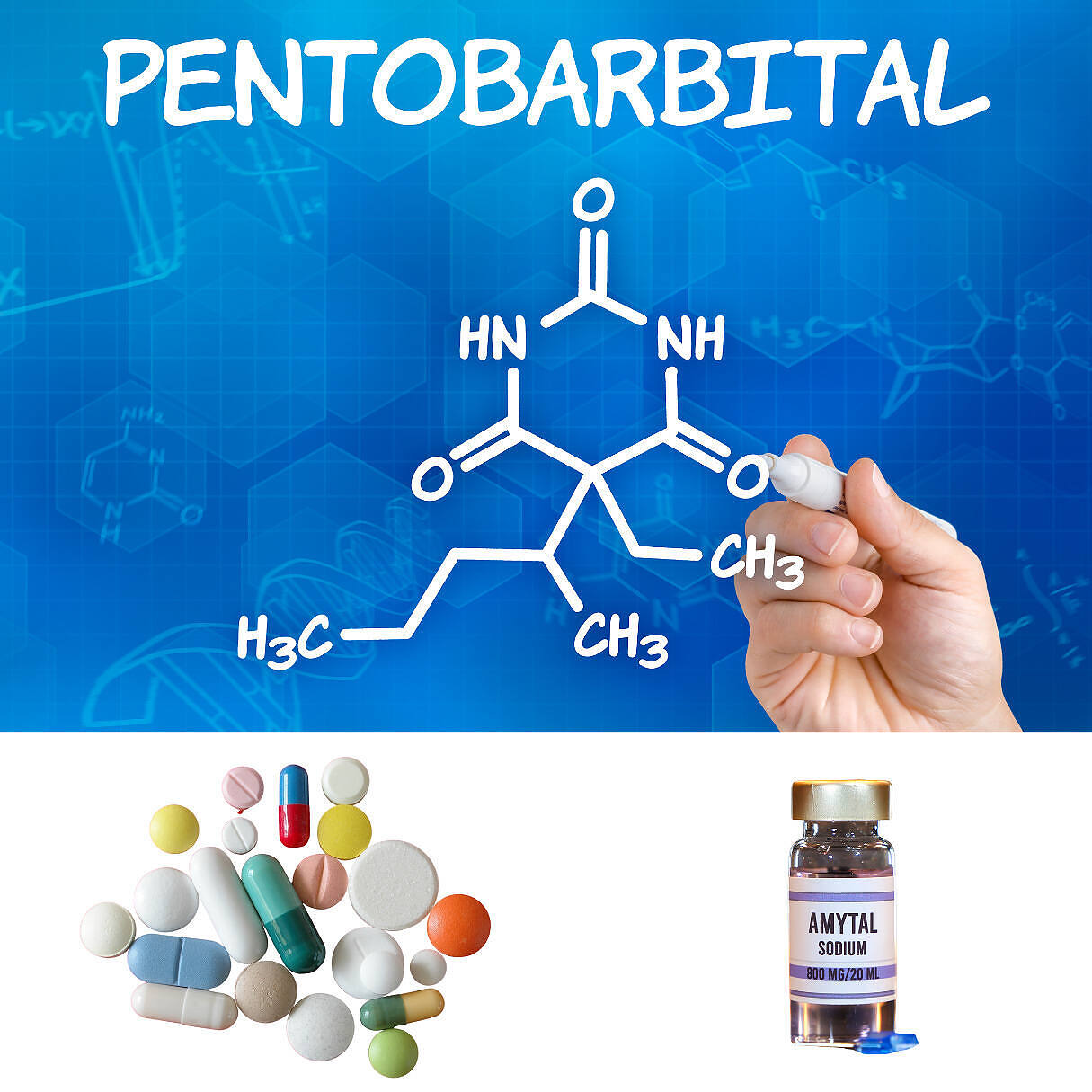
What Are Barbiturates?
Barbiturates are a class of powerful sedative drugs that doctors sometimes use in treating alcohol withdrawal, but only in severe cases where other medications haven’t worked.
Think of barbiturates as the heavy artillery in the fight against alcohol withdrawal. They’re potent central nervous system depressants that can quickly calm an overactive brain and nervous system. However, their strength is a double-edged sword, making them both effective and potentially dangerous.
The most commonly used barbiturate for alcohol withdrawal is phenobarbital. It’s been around for decades and has a well-understood safety profile when used correctly.
Key points about barbiturates
- Last resort: Doctors typically turn to barbiturates only when benzodiazepines and other treatments have failed.
- Highly effective: They can rapidly control severe withdrawal symptoms, including delirium tremens and seizures that haven’t responded to other medications.
- Require close monitoring: Due to their potency, barbiturates are only used in settings where patients can be closely watched, usually in intensive care units.
- Historical context: While barbiturates were once more widely used, their use has declined due to safer alternatives. However, they remain an important tool for managing the most challenging cases of alcohol withdrawal.
Understanding barbiturates helps complete the picture of alcohol withdrawal treatment options, from common first-line treatments to these powerful drugs reserved for the most severe situations.
Uses and Benefits
Barbiturates play a role in managing the most severe cases of alcohol withdrawal. Here’s why doctors sometimes turn to these powerful medications:
Barbiturates can also be used to manage moderate withdrawal symptoms, which are indicated by a CIWA-Ar score of 9-15.
Primary Use
Barbiturates are typically used when other treatments have failed to control severe withdrawal symptoms. They’re particularly effective in emergency or intensive care settings where patients are experiencing:
- Uncontrolled seizures
- Severe agitation or delirium
- Life-threatening symptoms that haven’t responded to benzodiazepines
How They Work
Barbiturates act as central nervous system (CNS) depressants. They essentially slow down brain activity, which helps in two key ways:
- Sedation: By calming an overactive brain, barbiturates can quickly reduce agitation and anxiety.
- Seizure prevention: The CNS depression helps stabilise erratic brain activity, reducing the risk of seizures.
Additional Benefits
- Rapid onset: Barbiturates can take effect quickly, which is crucial in emergency situations.
- Cross-tolerance with alcohol: This means they can effectively substitute for alcohol in the brain, easing withdrawal symptoms.
While barbiturates are powerful tools, their use requires careful consideration due to potential risks. They’re a testament to the range of options available for managing alcohol withdrawal, from milder treatments to these potent medications for the most challenging cases.
Risks and Side Effects
While barbiturates can be lifesaving in severe alcohol withdrawal, they come with significant risks that require careful management:
Common Side Effects
- Sedation: Patients may experience extreme drowsiness or difficulty staying awake.
- Dizziness: This can increase the risk of falls, especially in elderly patients.
- Confusion: Some people may feel disoriented or have trouble thinking clearly.
Major Risks
- Narrow therapeutic window: The line between an effective dose and a dangerous one is thin. This makes overdose a real concern.
- Respiratory depression: In high doses, barbiturates can slow breathing to dangerous levels.
- Interactions: They can dangerously intensify the effects of alcohol or other sedatives.
Controlled Use
Due to these risks, barbiturates are typically only used in hospital settings, often in intensive care units. This allows for:
- Constant monitoring of vital signs
- Immediate medical intervention if needed
- Careful dosage adjustment
Long-term Concerns
- Dependence: Even short-term use can lead to physical dependence.
- Withdrawal: Stopping barbiturates abruptly can cause severe withdrawal symptoms, similar to alcohol withdrawal itself.
Given these risks, barbiturates are a last resort option in alcohol withdrawal treatment. Their use underscores the seriousness of severe withdrawal and the need for expert medical care in managing it.
Conclusion
Navigating alcohol withdrawal and recovery is a complex journey, but modern medicine offers valuable tools to make this path safer and more manageable. Let’s recap the key players in this process:
- Benzodiazepines: The front-line defenders, easing anxiety and preventing severe withdrawal symptoms.
- Anticonvulsants: A gentler alternative, particularly useful for those with milder symptoms or certain health conditions.
- Barbiturates: The heavy-hitters, reserved for severe cases where other options fall short.
Each medication plays a unique role, and the right choice depends on individual circumstances, health status, and recovery goals.
The Importance of Professional Care
While these medications are powerful allies, they’re not magic bullets. Supervised detox and ongoing medical care are crucial for several reasons:
- Safety: Withdrawal can be dangerous, even life-threatening. Medical supervision ensures quick response to any complications.
- Effectiveness: Proper dosing and medication selection maximise the benefits of treatment.
- Comprehensive care: Medications work best as part of a broader treatment plan, including counselling and support.
Taking the Next Step with Detox Plus
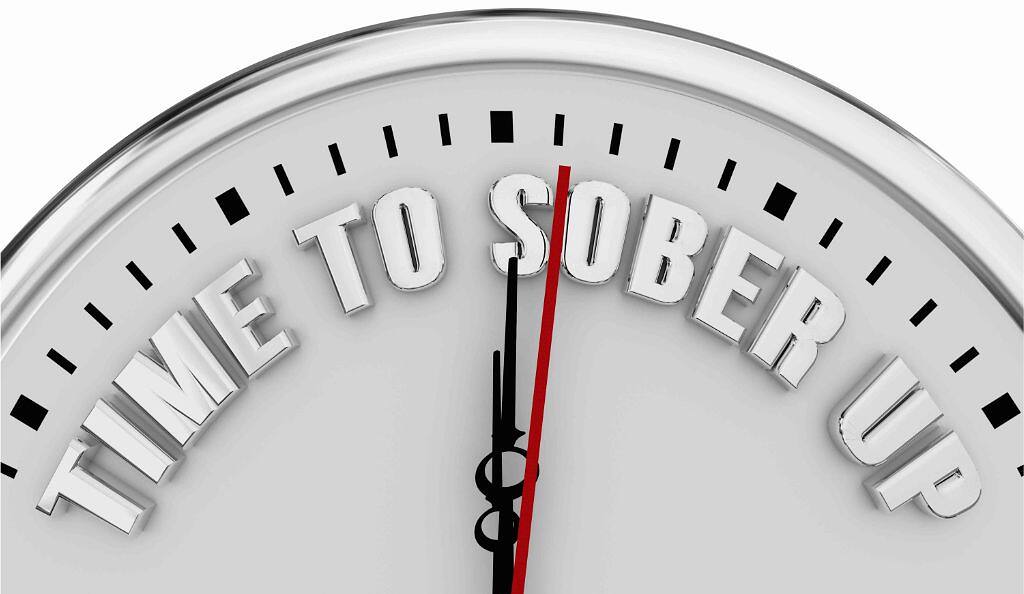
If you or someone you know is struggling with alcohol dependence, remember that seeking professional help is a courageous and vital step towards recovery. Detox Plus is here to support you on this journey:
- Free Consultation: Contact Detox Plus today for a confidential, no-obligation consultation. Our experienced team can assess your unique situation and discuss tailored treatment options.
- Comprehensive Care: At Detox Plus, we offer medically supervised detox programs that ensure your safety and comfort during the withdrawal process.
- Personalised Treatment Plans: Our addiction specialists will work with you to create a customised recovery plan, including appropriate medication management and supportive therapies.
- Ongoing Support: Beyond detox, we provide comprehensive rehabilitation services to support your long-term recovery goals.
Don’t face alcohol withdrawal alone. Reach out to Detox Plus now to take the first step towards a healthier, alcohol-free life. Our compassionate team is ready to guide you through the process and answer any questions you may have about our services.
- Phone: 02072052734
Your journey to recovery starts with a single call. Let Detox Plus be your partner in overcoming alcohol dependence and building a brighter future.

